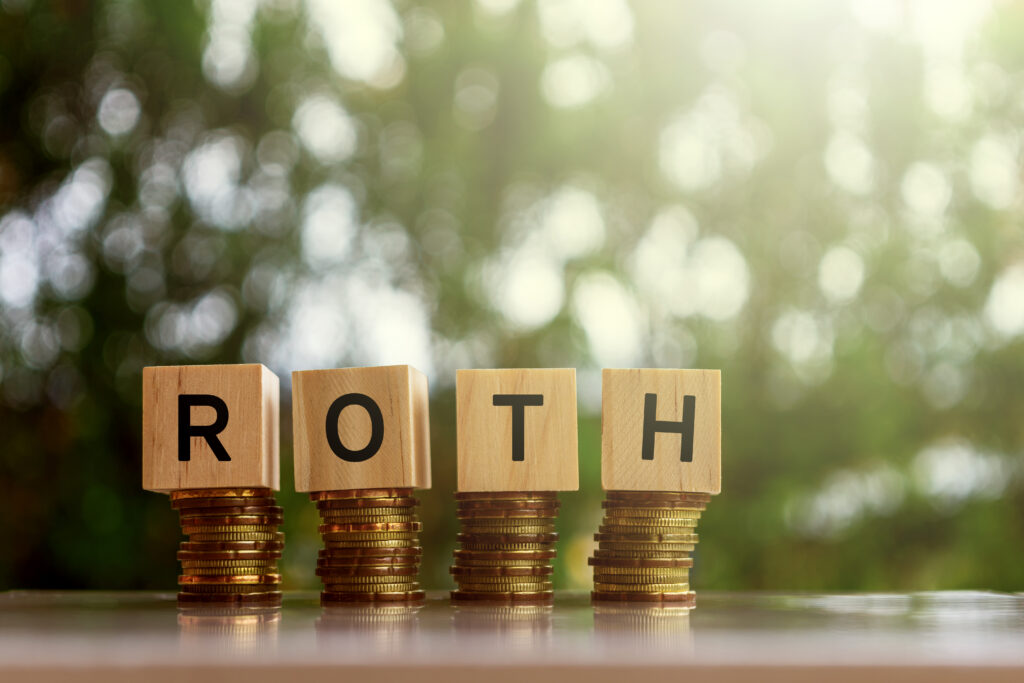Can a Roth Really Help You Lower Your Taxes?

Patience is a virtue, but will it save you money on taxes? That depends on the situation, but if you’re talking about a Roth IRA, then the answer is typically yes. Traditional IRAs will usually give you an immediate tax savings, while a Roth IRA won’t. However, for those who have patience, a Roth can be a great tax saver in the years to come.
Because the IRS doesn’t give you an immediate tax deduction you are essentially being forced to use your own after-tax income to build your retirement account. The benefit of a Roth IRA over a traditional IRA is that when it comes time to withdraw the money you can take it all tax-free. With a traditional IRA you will be taxed on that income when you withdraw it.
That means your Roth IRA could give you a big boost. Any gains your account has made can be withdrawn tax-free so long as you have had the account for at least five years and as long as you don’t withdraw the money before the age of 59-1/2. There is one other tax-related benefit to Roth IRAs in some cases, and it is an upfront tax break. Some low- or middle-income earners can use what’s called a Saver’s Credit, which allows them to receive a 10-50 percent tax savings on the first $2,000 they put in their retirement account. This goes for 401k plans, as well as both traditional and Roth IRAs.
So there you have it. When it comes to taxes and Roth IRAs, patience is indeed a virtue. Click here to contact us and learn about other tax savings and retirement tips, or give us a call at 1-877-CPA-2006.
50 Tax Deductions You Should Remember
50 Tax Deductions You Should Remember 1. Accounting fees for tax preparation services and IRS audits 2. Alcoholism and drug abuse treatment 3. Amortization of premium on taxable bonds 4. Appraisal fees for charitable donations or casualty losses 5. Appreciation on property donated to a charity 6. Casualty or theft losses 7. Cellular telephones –…
Underpayment of Taxes – Personal Returns – How to Avoid Penalties – Dreaded “Spiky Income”
Underpayment of Taxes – Personal Returns – How to Avoid Penalties – Dreaded “Spiky Income” By Ron Cohen, CPA, MST Partner Greenstein, Rogoff, Olsen & Co., LLP One of the most frustrating issues taxpayers confront as they attempt to deal with their taxes is to determine the required amount and due dates for estimated tax…
Are You Ready for the 2014 Tax Year?
Are You Ready for the 2014 Tax Year? If you’re like most individuals or businesses then you’re probably breathing a sigh of relief as the 2013 tax year is finally in the rearview mirror, except for those who have filed for an extension, of course. Well, don’t get too comfortable; it’s time to start thinking…
6 Tips for Avoiding Digital Clutter
6 Tips for Avoiding Digital Clutter What is “Digital Clutter” and why do we need to avoid it? Although there isn’t a true definition for the phrase, we can define the term “clutter” and apply it to the digital world. “Clutter” is defined as a collection of things lying about in an untidy mess. Although…



